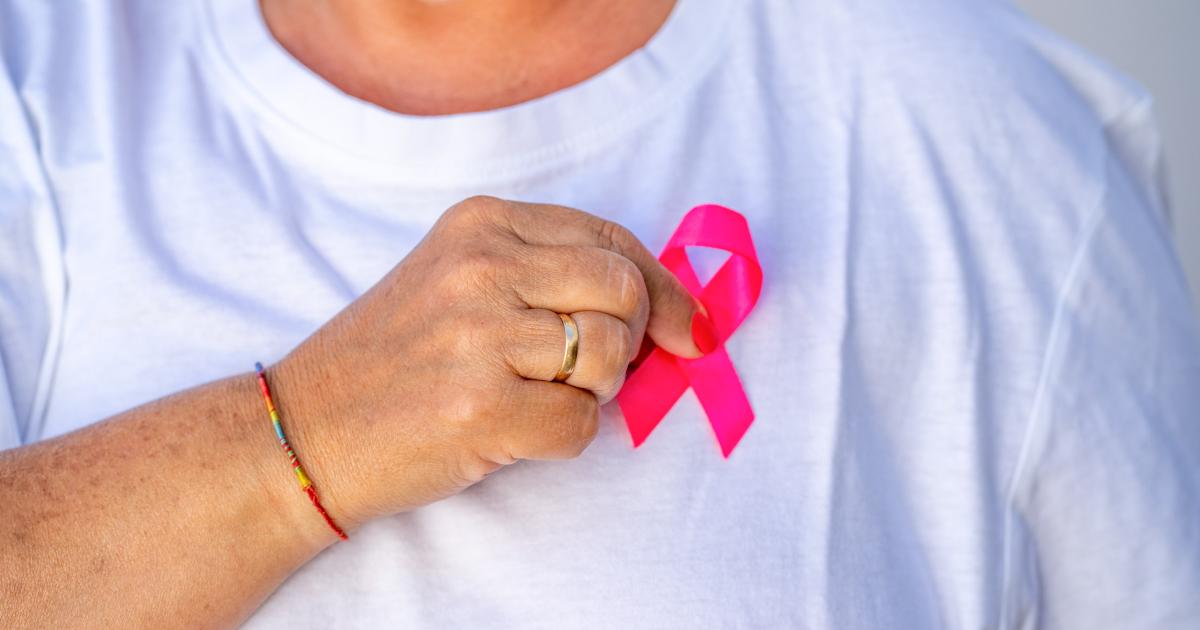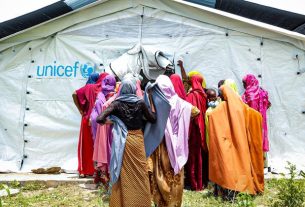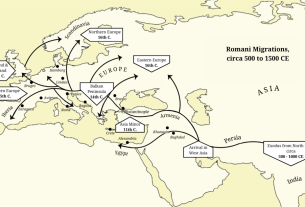“When you receive an invitation to a breast cancer screening, trust it. Don’t be scared to follow it up,” says Silvia Deandrea, director of the Lombardy region breast cancer screening programme in Pavia, Italy. “It’s most likely your results won’t be serious.”
Under her many job hats, Silvia runs a multidisciplinary team of nurses, community health nurses, statisticians and health professionals that coordinate clinical cancer care in local hospitals. “There’s no doubt we see that screening significantly reduces mortality, as well as the need for invasive interventions,” says Silvia.
The benefits of early detection of breast cancer through screening are highlighted in this year’s ongoing Breast Cancer Awareness Month. It’s an opportunity to reconfirm a global commitment to equitable access to care and improved survival for all. Screening remains a year-round concern: currently, breast cancer is the most commonly diagnosed cancer among women worldwide.
Under its Europe’s Beating Cancer Plan, the EU launched a new push in 2022 to increase the number of screenings, covering more target groups and more cancers. For breast cancer, the Commission will support EU countries to increase screenings to 90% of those concerned by the end of this year.
EU research has shown that the uptake of screening in EU countries is uneven, with some countries tending to show lower participation. “Financial and economic issues play a factor in this,” says Silvia. “The cultural context also needs to be taken into consideration.”
Public breast cancer screening programmes like Silvia’s in Pavia are increasingly widespread. “Public health officers set up these programmes based on EU guidelines. For us they are the Bible to which we refer. They are based on the best available evidence and provide a single place for standards.”
If you would like to arrange a screening, talk to your doctor or call the local breast screening service to ask for an appointment.
For more information



